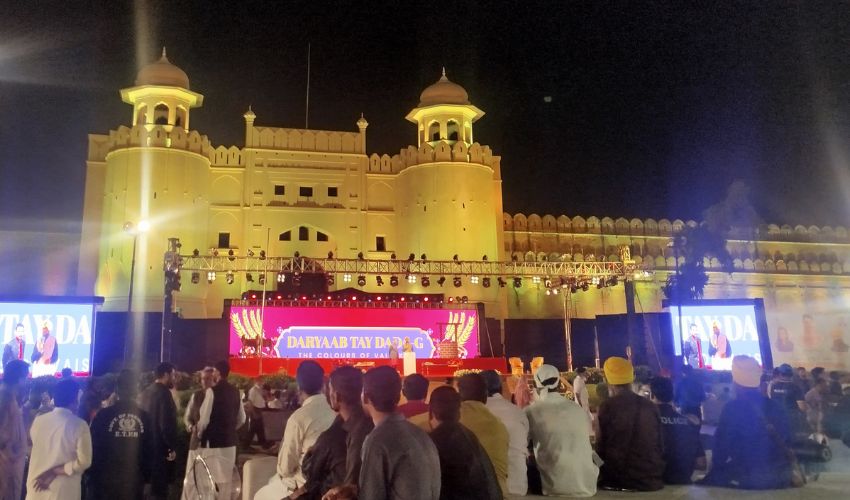Defence Minister Khawaja Asif, while addressing members of the Ready-Made Garments Association in Sialkot on Saturday, candidly criticized the growing issue of beggary in Pakistan, calling it a key reason behind the visa problems faced by the country's industrialists abroad.
He said that the increasing number of Pakistanis going overseas to beg has tarnished the country’s image, making it difficult for genuine businesspeople to get visas. “How can other countries facilitate us when 6,000 people are begging in Saudi Arabia alone?” he questioned.
'Over 20m beggars in Pakistan'
Highlighting the gravity of the issue, Khawaja Asif claimed there are more than 20 million beggars in Pakistan with a combined monthly income of Rs42 billion. “We have swept them from Sialkot twice, but they still return in large numbers,” he said, pointing out that these individuals damage the nation’s international standing and credibility.
He also criticized the use of religious sites for political purposes, stating, “Even in the holy cities of Makkah and Madinah, politics are being played.”
Sialkot’s business community
In contrast, Khawaja Asif showered praise on Sialkot’s industrialists, recognizing their efforts and contribution to the national economy. “The business community is the true benefactor of this country. They are investing honestly and generating better revenue for the government than many other cities,” he remarked.
He emphasized that Pakistan loses nearly $4 billion annually due to imports, a figure he described as crucial for the country’s financial stability. “This amount could make a significant difference if invested wisely in local industries.”
Focus on energy reforms and IPPs
The defense minister also touched upon the energy sector, noting that efforts to install power plants began in 2015 and that energy stakeholders embezzle even a single gram. He acknowledged the past mismanagement, saying, “It cannot be estimated how much damage has been done to this country.”
Khawaja Asif also mentioned that independent power producer (IPP) contracts signed during the 1990s are nearing expiration, while those initiated during the Pervez Musharraf era will last until around 2035.
“A solar revolution is on its way in Pakistan,” said Khawaja Asif, pointing to the government’s efforts to shift towards renewable energy. He added that all government-run power plants are undergoing heat audits to improve efficiency.
“However, IPPs have yet to undergo any head audits,” Asif said. “Every time we try, they secure stay orders from the Supreme Court. These IPPs are imposing a 15 to 20% penalty on the government,” he claimed.



























